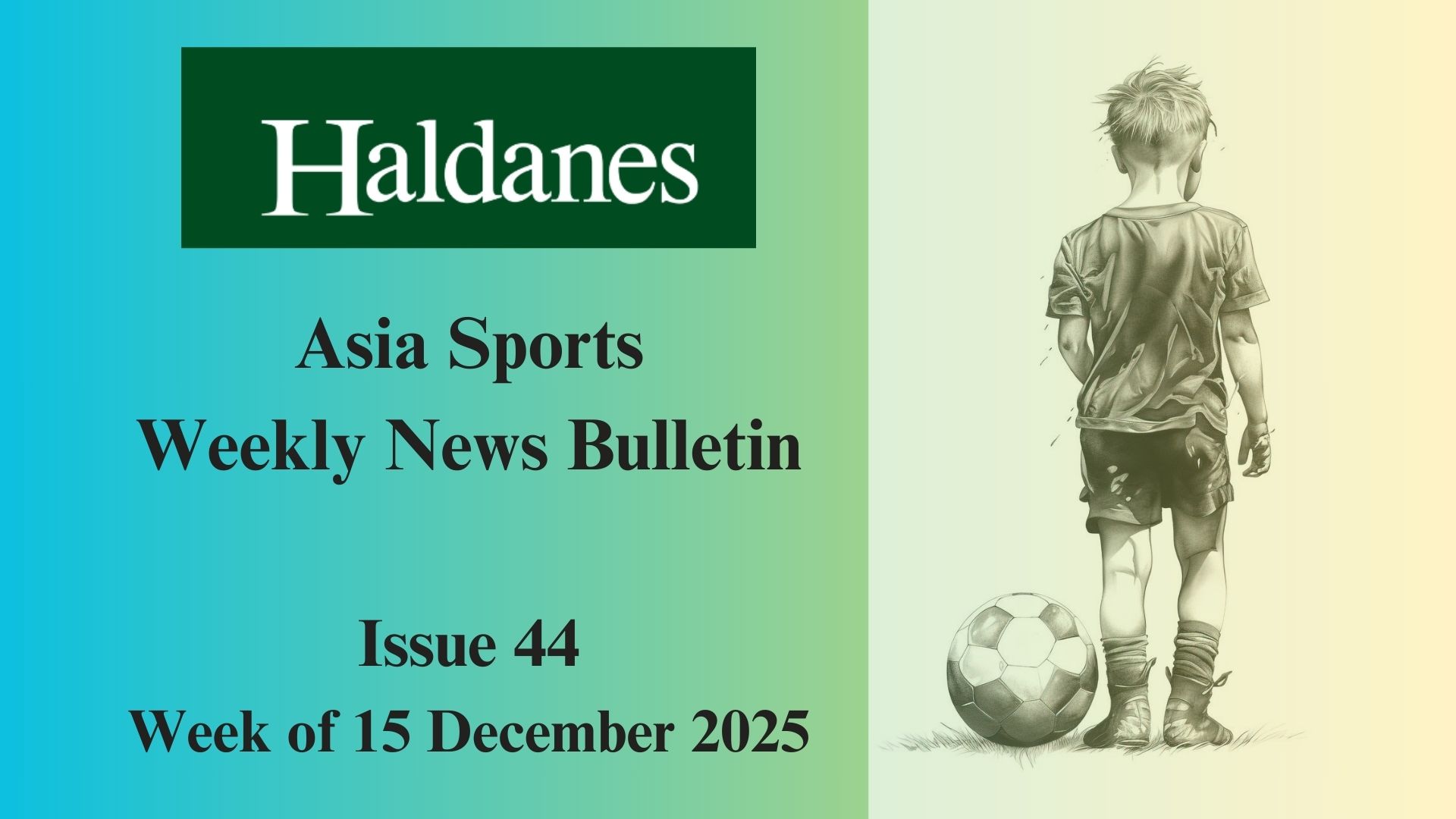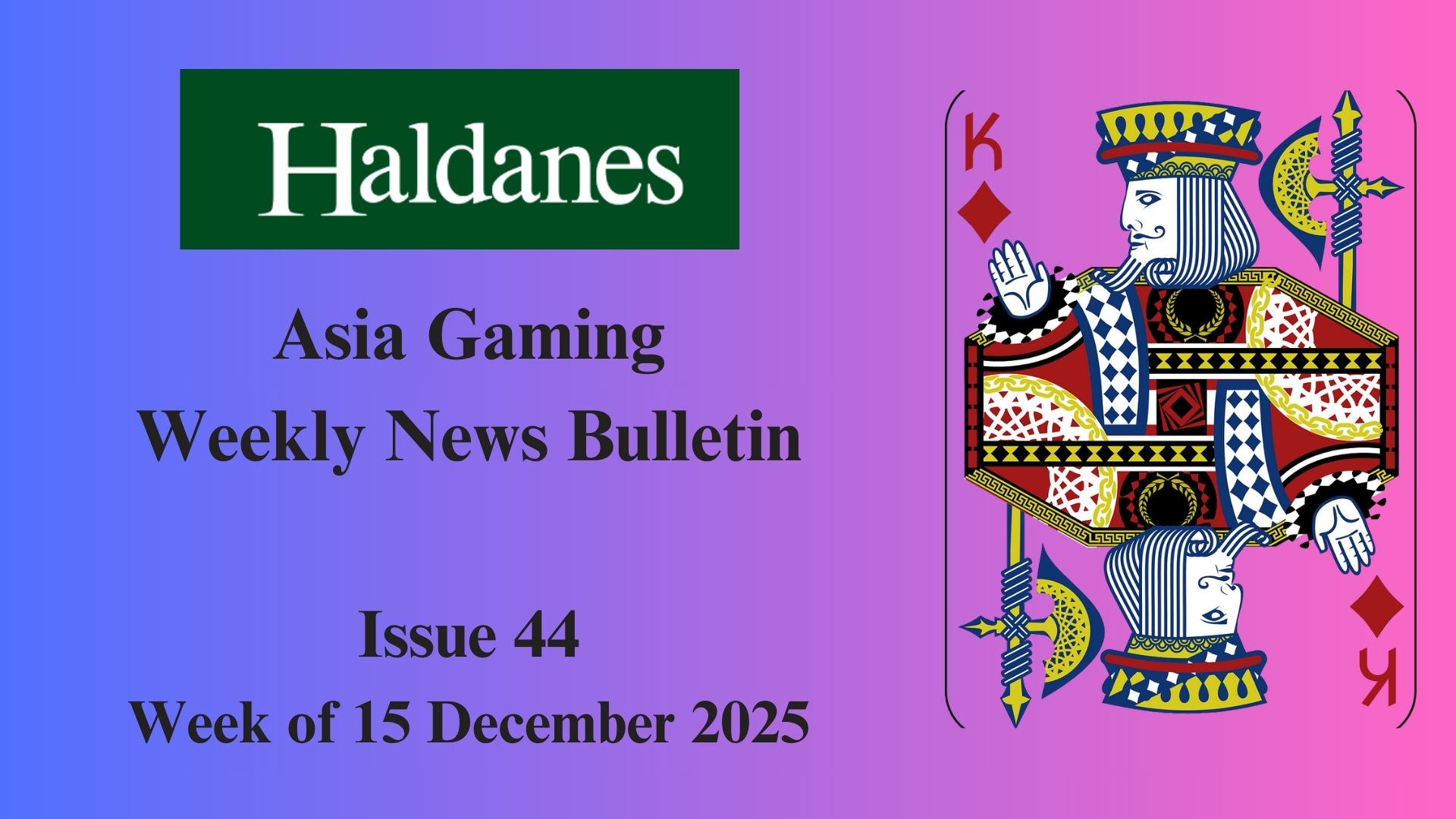Asia Gaming Weekly News Bulletin – ISSUE 31 Week of 8 September 2025
(1) Hong Kong passes bill legalising basketball betting by majority of 77
Providing legal channels is a way to satisfy public demand for certain kinds of betting to prevent people from turning to illegal operators, minister says.
(2) KRW 44bn gambling ring operating from Cambodia dismantled
South Korean police arrested ten individuals linked to a Cambodia-based illegal online gambling operation handling KRW 44 billion in transactions and involving over 11,000 users.
(3) Thailand’s new PM Anutin opposes gambling as a means to boost economy
Thailand’s new Prime Minister, Anutin Charnvirakul, says the country will have to “wait for another prime minister” to make gambling be considered a means “to stimulate the economy”.
(4) As sector grows, industry warns that tightening of Philippines eGames regulations threatens to remove all incentives for operators to remain licensed
Evan Spytma, the CEO of leading remote gaming provider Casino Plus, outlined his concerns at the IAG Academy Summit this week, adding that such measures would make it near impossible for Filipinos to differentiate between legal and illegal sites.
(1) Hong Kong passes bill legalising basketball betting by majority of 77
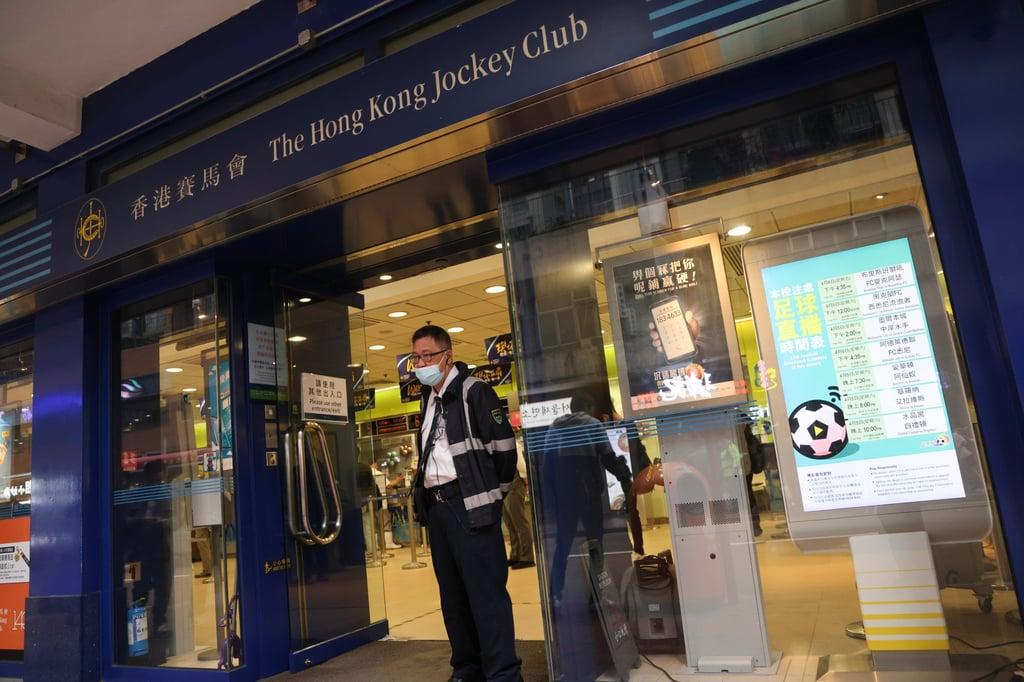
(Photo Credit: Jelly Tse / SCMP)
Hong Kong lawmakers have approved a bill to legalise betting on basketball matches as authorities aim to tackle illegal gambling, with the Hong Kong Jockey Club expected to be the sole operator. The Legislative Council passed the Betting Duty (Amendment) Bill 2025, empowering the Secretary for Home and Youth Affairs to issue basketball betting operator licences with specified terms. The bill also authorises a licensed basketball operator to place bets with other gambling operators for hedging purposes.
The vote on Thursday followed scrutiny by a bills committee in two sessions in July. Seventy-seven lawmakers voted in favour, two abstained and two opposed it. Secretary for Home and Youth Affairs Alice Mak Mei-kuen addressed lawmakers during the meeting. “Providing legal channels is a way to satisfy the public demand for certain kinds of betting to prevent them from turning to illegal operators,” she said. She also said that even after the regulation, authorities would strengthen enforcement and education to target all forms of illegal betting.
More than 20 lawmakers debated the bill in Legco, with most supporting the regulation, but urging authorities to strengthen education as the main measure to prevent youth addiction. A new centre focusing on young addicts would be set up under the Ping Wo Fund, Mak added, referring to the body established by the government in 2003 to finance measures addressing gambling-related problems. According to information provided by the Jockey Club to Legco, around 430,000 Hong Kong residents bet illegally on basketball in 2024, compared to 100,000 to 150,000 the previous year. The club estimated the illegal basketball betting market turnover to be between HK$70 billion (US$8.99 billion) and HK$90 billion last year, a 119 to 165 per cent increase.
News Source: https://www.scmp.com/news/hong-kong/politics/article/3325129/hong-kong-passes-law-legalising-basketball-betting-majority
(2) KRW 44bn gambling ring operating from Cambodia dismantled
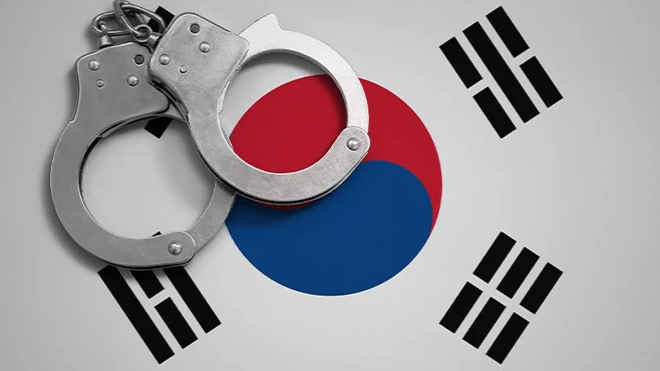
(Photo Credit: Gambling Insider)
South Korean police have dismantled a major illegal online gambling syndicate, arresting ten individuals linked to operations that generated KRW 44 billion in transactions. The network, based in Cambodia to evade local enforcement, was led by a ringleader identified as “A” in his 30s and involved over 11,000 users betting on Sports Toto and Baccarat from February 2022 to July 2023. The Daegu National Police Agency’s Cybercrime Investigation Team confirmed the arrests on September 10, with seven suspects, including the leader, formally detained for violating the National Sports Promotion Act.
The syndicate operated through a sophisticated hierarchy with specialized roles for deposits, withdrawals, surveillance, and member management. Members frequently traveled in and out of Cambodia on tourist visas while coordinating activities from a local office. Authorities detected the operation in November 2023 through digital surveillance, culminating in raids that recovered KRW 270 million in cash and froze an additional KRW 120 million from the leader’s accounts via a pre-indictment asset preservation order. The group’s cross-border coordination highlighted the challenges of policing internationally organized cybercrime.
Police efforts continue until October 31, focusing on dismantling illegal operators and targeting high-stakes gamblers. In addition to the core arrests, non-custodial charges were filed against 174 participants in the betting activities. Authorities are collaborating with INTERPOL to track suspects who fled overseas, emphasizing a multi-pronged strategy combining financial seizures, international cooperation, and legal action against both organizers and users to curb illegal gambling’s societal impact.
News Source: https://www.gamblinginsider.com/news/31102/krw-44bn-gambling-ring-operating-from-cambodia-dismantled
(3) Thailand’s new PM Anutin opposes gambling as a means to boost economy
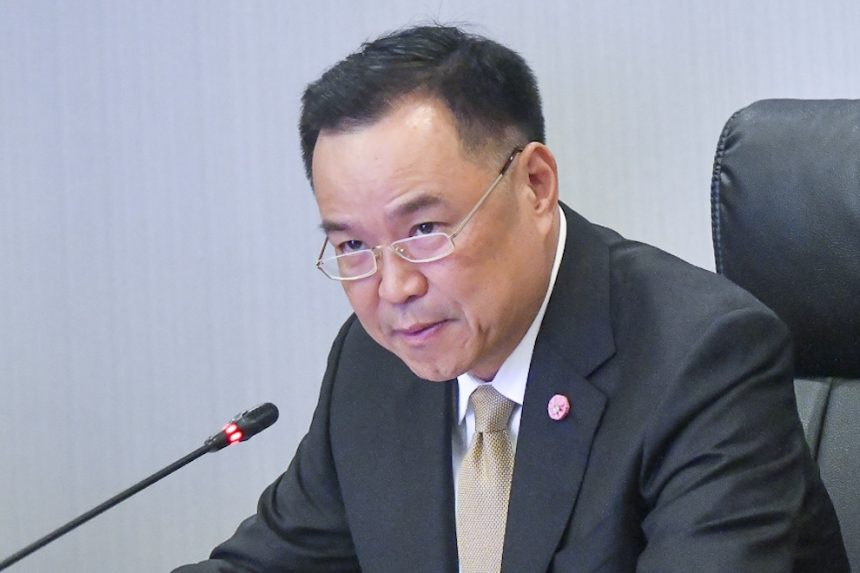
(Photo Credit: GGR ASIA)
Mr. Anutin, leader of Thailand’s right-wing Bhumjaithai Party, was elected Prime Minister on September 5, ending a week-long power vacuum after the ousting of his predecessor Paetongtarn Shinawatra. His appointment followed the collapse of Shinawatra’s Pheu Thai-led coalition in June, which Anutin abandoned over allegations of her misconduct in a leaked call with Cambodia’s former leader Hun Sen. This political shift halted earlier efforts to legalize entertainment complexes with casinos, a key policy under Shinawatra’s government that was withdrawn by parliament in early July.
As both PM and Interior Minister, Anutin announced a review of poker’s legal status, despite previously opposing its reclassification as a sport when he held the interior portfolio. Notably, the Sports Authority of Thailand had approved poker as a registrable sport on July 23, followed by the Interior Ministry, then under acting PM Phumtham Wechayachai (Pheu Thai)—revoking a 1958 order that banned card games like poker. Anutin now openly disagrees with using gambling to stimulate the economy, signaling a reversal from the previous government’s approach.
Anutin’s stance presents a paradox: while his government inherits policies that eased restrictions on poker, he personally opposes gambling expansion. His election pledges include calling fresh elections to form a new government, suggesting further political realignment. This tension between bureaucratic actions (e.g., poker’s sport status approval) and Anutin’s anti-gambling rhetoric reflects broader ideological conflicts within Thailand’s evolving governance framework, where economic pragmatism clashes with conservative values.
News Source: https://www.ggrasia.com/thailands-new-pm-anutin-opposes-gambling-as-a-means-to-boost-economy
(4) As sector grows, industry warns that tightening of Philippines eGames regulations threatens to remove all incentives for operators to remain licensed

(Photo Credit: Casino Plus/CEO Evan Spytma)
The Philippines’ online gaming industry faces severe disruption after the central bank banned e-wallet providers like GCash and Maya from linking to gambling platforms, a move endorsed by regulator PAGCOR, which also removed all gambling billboards. Casino Plus CEO Evan Spytma warned at the IAG Academy Summit that these measures would reverse years of regulatory progress, driving licensed operators toward illegality by stripping their commercial advantages. He emphasized that payment integrations had been pivotal in helping players distinguish legal sites from illegal ones, and their removal blurs this critical line.
Spytma argued that the new rules invalidate the value of licensing, noting operators now question why they should pay 40% taxes when denied access to mainstream payment and marketing channels. He revealed that legal and illegal sites had reached a 50-50 market balance prior to the crackdown, but the ban ignores existing safeguards like dual-layer KYC verification on e-wallets. This effectively “kicks players out to the wolves,” exposing them to unregulated platforms without clarity or protection, undoing years of harm-reduction efforts.
The restrictions disproportionately affect standalone eGames operators while benefiting land-based integrated resorts (IRs) using the PIGO model (physical games played remotely). Newport World Resorts consultant Mark Gilbert acknowledged the rules align with IRs’ strategies, as they avoid billboards and e-wallets, and may even consolidate their market position. Thus, the regulatory squeeze accelerates a sectoral shift: IRs gain stability, while pure online operators must entirely rethink player acquisition and marketing in an increasingly fragmented and risky landscape.
News Source: https://asgam.com/2025/09/11/as-sector-grows-industry-warns-that-tightening-of-philippines-egames-regulations-threatens-to-remove-all-incentives-for-operators-to-remain-licensed/
